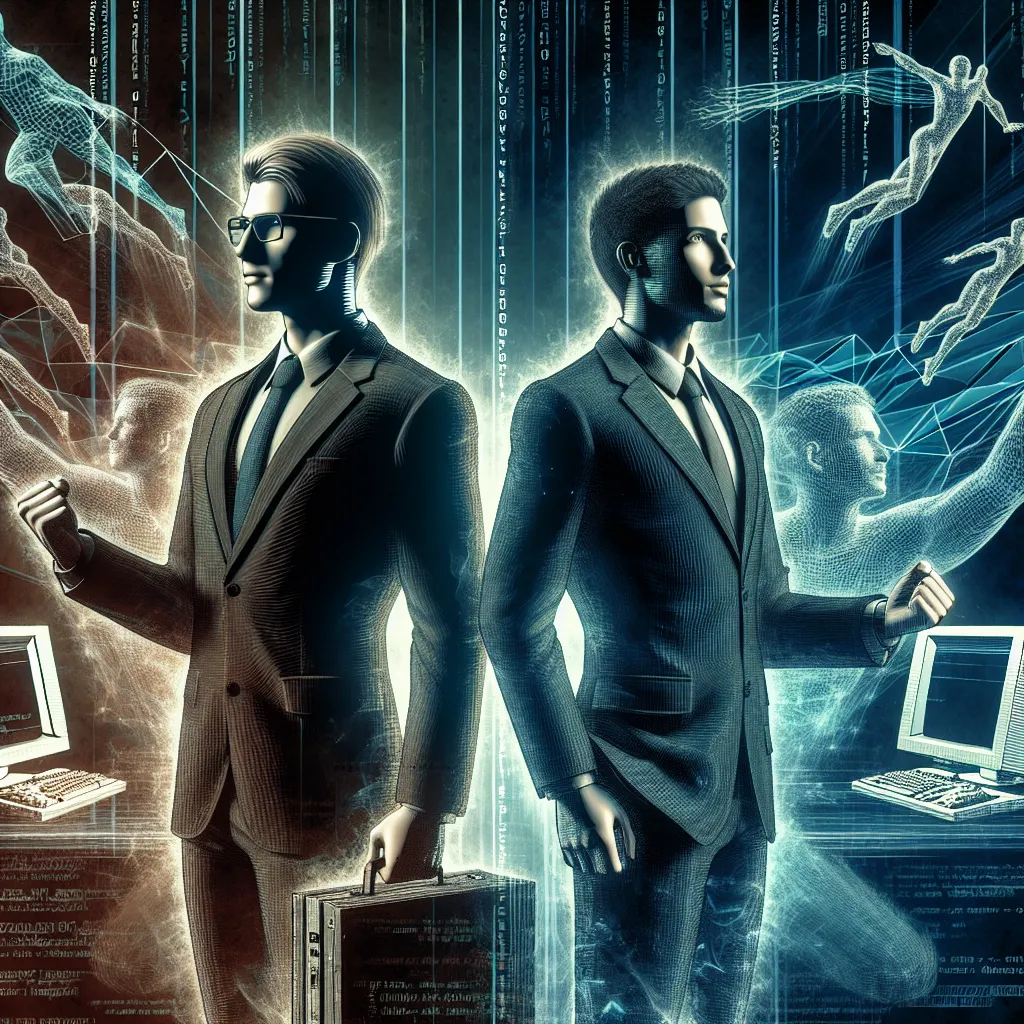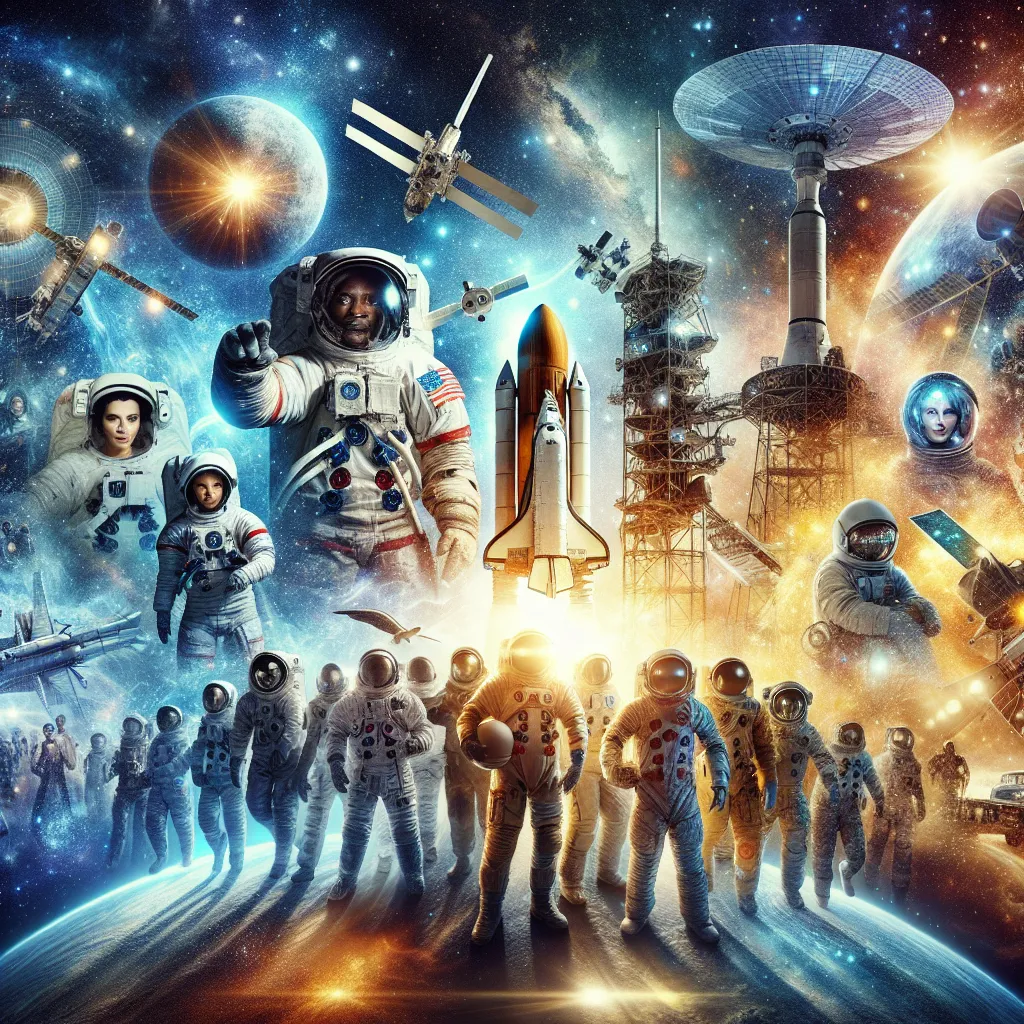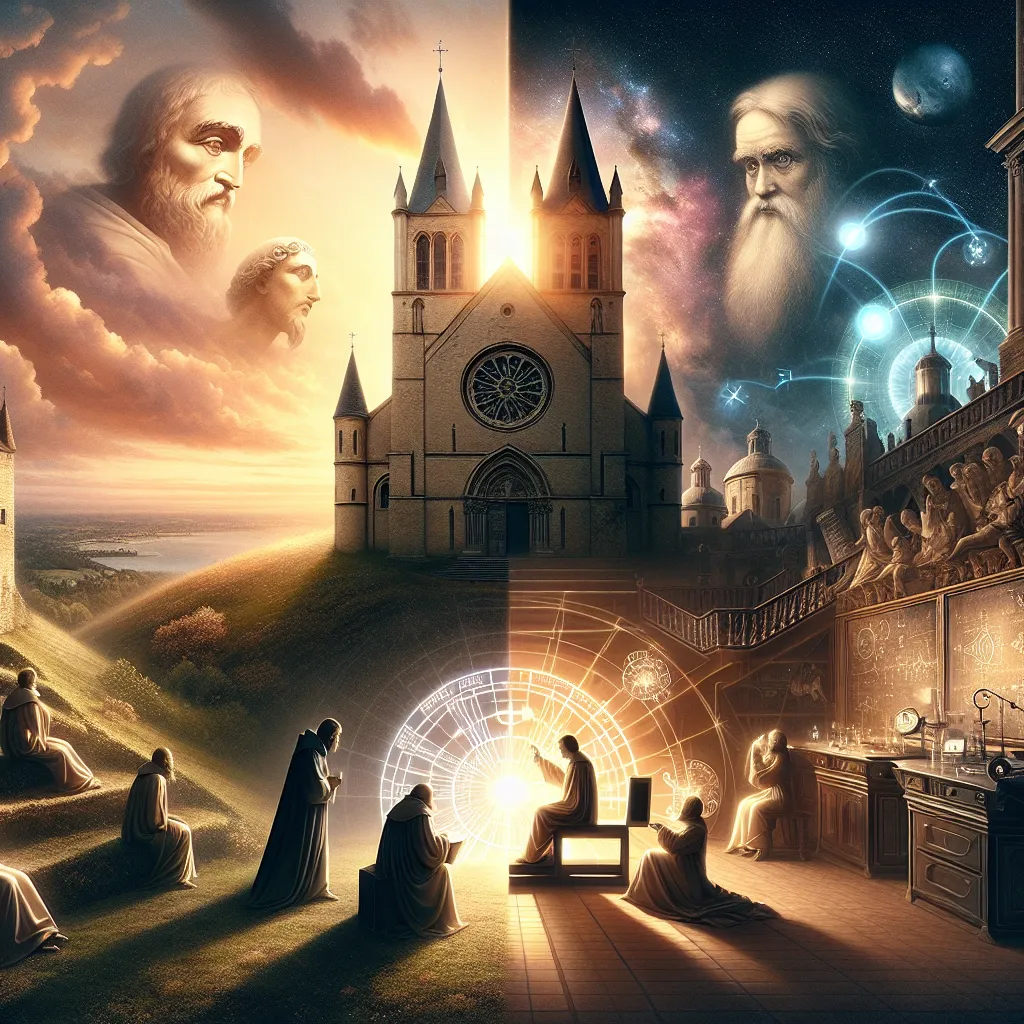From Rivalry to Revolution: How Apple and Microsoft Shaped the Digital Age
The birth of the digital age wasn’t a tranquil transition; it was forged in the fires of fierce competition between two tech giants—Steve Jobs and Bill Gates. Picture this: A young Bill Gates, already a computer whiz, alongside Steve Jobs, the visionary with a knack for selling futuristic dreams, both eager to change the world.
Gates, growing up in Seattle, was a driven prodigy. As a teenager, he was already finding ways to hack into local computer centers, revealing his competitive nature. By 1974, the buzz around personal computers began with the Altair 8800, a rudimentary device that needed a programming language. Gates and his partner, Paul Allen, seized the opportunity and developed what was needed.
On the other side of the tech universe was Steve Jobs, fresh from a spiritual journey to India, with no formal computer education but bursting with ideas. His buddy, Steve Wozniak, had designed a computer with a keyboard and monitor, which was groundbreaking. Jobs saw the potential to sell it, leading to the birth of Apple.
Apple’s first computer, the Apple I, didn’t quite take off. But they didn’t give up. The Apple II, with its easy-to-use interface, changed everything. Meanwhile, Gates was thinking ahead. He tailored his software to work with Apple’s hardware, an alliance that brought success to both companies.
But Gates always had bigger plans. Despite the Apple-Microsoft collaboration, Gates had his eyes on IBM, the heavyweight of tech, and managed to get Microsoft software on IBM PCs, a deal that made Microsoft a software titan.
The rivalry intensified when Jobs, aiming to compete against IBM, discovered graphical user interfaces at Xerox PARC. He applied this innovation to create the Macintosh, a user-friendly and aesthetically pleasing computer. However, Gates capitalized on this idea by developing Windows. Accusations flew, with Jobs feeling betrayed.
Despite setbacks, both men remained pivotal in tech innovation. Gates continued to expand Microsoft’s empire, becoming the youngest billionaire. Jobs struggled but eventually returned to Apple, reviving it with groundbreaking products like the iPod and iPhone, making Apple a tech behemoth.
In the twilight years, Gates turned to philanthropy, reshaping his image as a compassionate visionary. Jobs, battling cancer, ensured that Apple left an indelible mark on the tech world. Their complex relationship, marked by rivalry and respect, laid the foundation for the digital age.
In the end, Jobs and Gates weren’t just competitors; they were twin stars orbiting each other, pushing boundaries, and sometimes, pulling in the same direction to revolutionize how we interact with technology.






